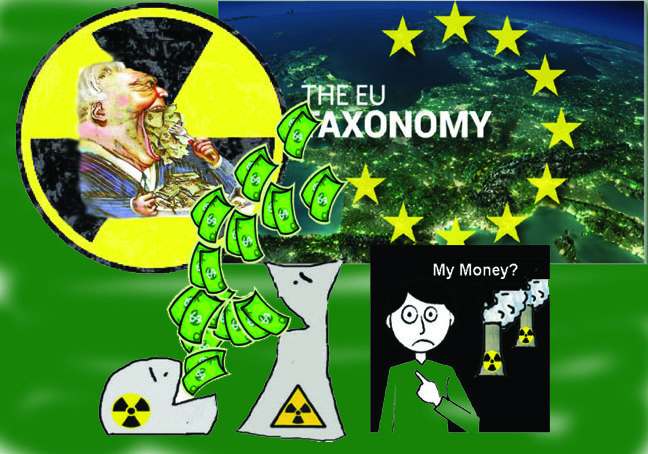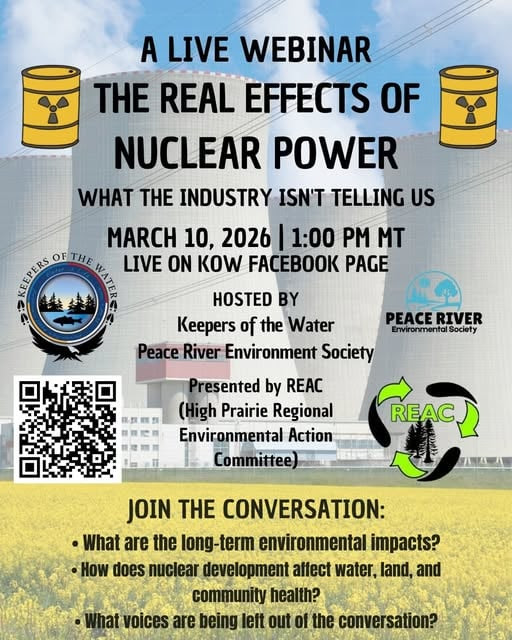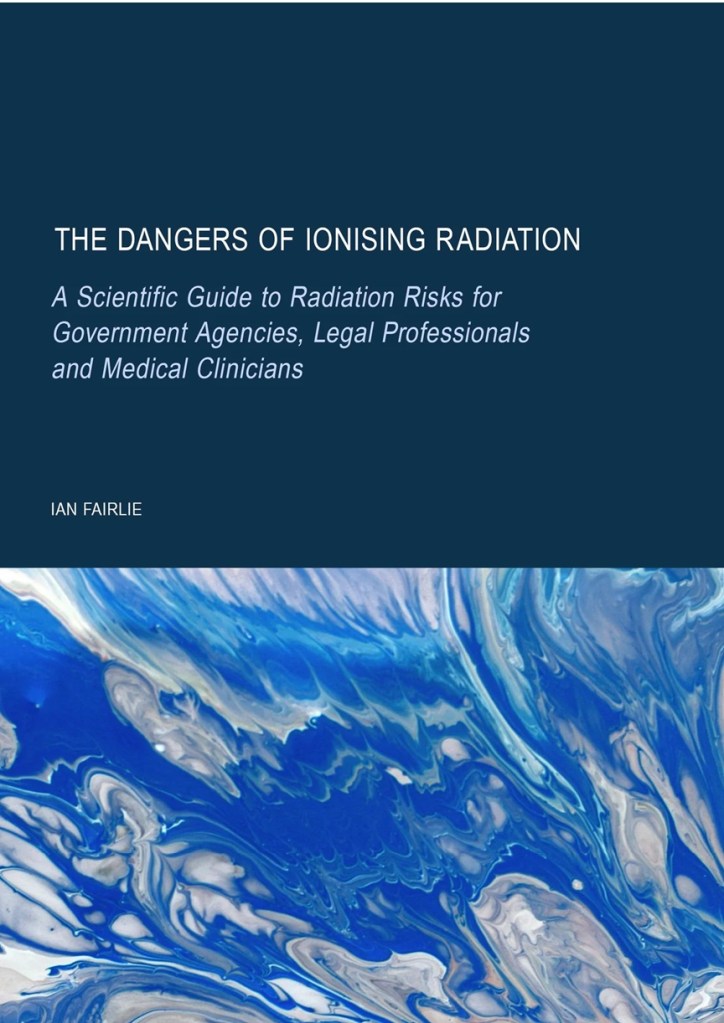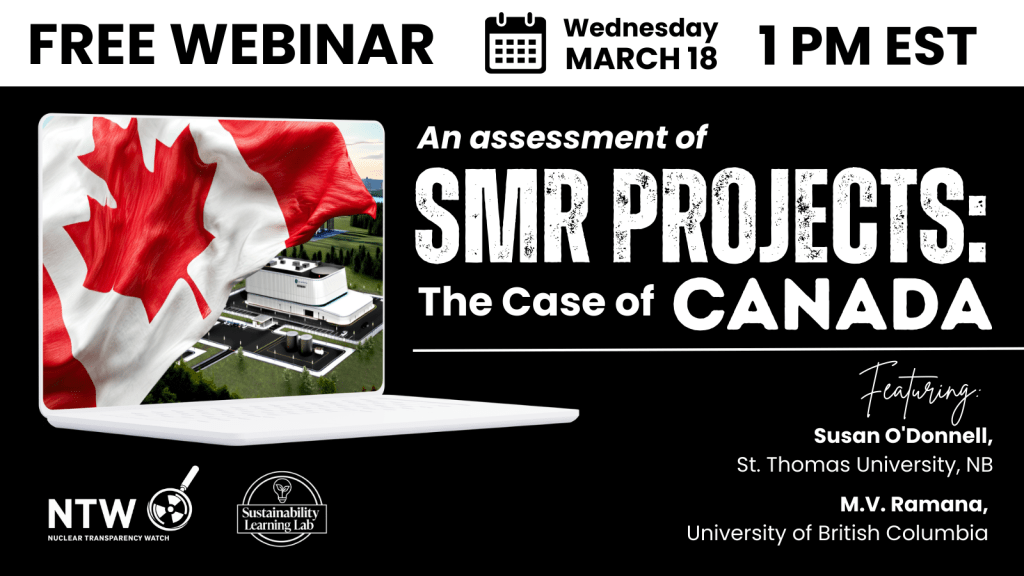Tussle in Europe as France succeeds in getting nuclear energy accepted as a ‘”transitional” technology for EU’s green taxonomy .

This article is part of our special report EU’s final stretch before June 2024.
Nuclear power is making a comeback on the EU energy scene after an eventful 2022-2023 year, which according to Paris, reflects an “excellent diplomatic record” for France in defending atomic energy. EURACTIV looks at the bigger picture.
After three years of intense negotiations, nuclear energy officially joined the list of “transitional” energies in the EU’s green taxonomy on 1 January 2023.
Following the vote confirming the European Parliament’s position on the issue in July 2022, the co-chair of the United Left group, Manon Aubry, warned that this decision is “fraught with meaning […] for future deadlines and votes on climate issues”………………….
In France and eastern EU countries in particular, nuclear power is increasingly being viewed as a viable solution for achieving carbon neutrality by 2050.
Renewables at EU level
Yet, the development of renewable energies remains the top priority at the EU level.
On 18 May 2022, three months after Russia’s invasion of Ukraine, the European Commission proposed raising the EU’s renewable energy target to 45% by 2030, a target later endorsed by the European Parliament in September of that year.
In the Council, France adopted a rather unusual stance, backing the 45% target but only if countries with low-carbon electricity mixes – code for nuclear – are awarded a lower target.
The idea was rejected, and the target was consequently lowered to 42.5% in a political agreement reached with the European Parliament on the third revision of the Renewable Energy Directive (RED III).
While none are particularly happy with the solution, the discussions showcased the newfound influence of pro-nuclear countries on institutional negotiations at the EU level.
Nuclear-derived hydrogen
This newfound influence of pro-nuclear countries was also reflected in discussions about low-carbon hydrogen, which took an unexpected political dimension.
Since September 2022, French Energy Minister Agnès Pannier-Runacher appeared on the offensive.
In a letter revealed by EURACTIV France, Pannier-Runacher urged the European Commission to recognise the contribution of nuclear-derived hydrogen in the targets set out in RED III. For Paris, the aim was to prevent renewable hydrogen targets from jeopardising low-carbon hydrogen production from nuclear sources.
At the end of March 2023, after months of battles between EU countries and within the European Parliament, the political agreement on RED III recognised the principle of non-cannibalisation between renewable and low-carbon hydrogen.
But while this seemed like a victory for France, the conditions imposed for nuclear-derived hydrogen to contribute to achieving the EU’s objectives were so strict that they were practically unattainable.
……………………………………. On 16 June, France finally obtained an official declaration from the European Commission recognising the role of nuclear energy in achieving the objectives of decarbonising the EU economy – fruits of an intense year of lobbying, aided by France’s setup of a pro-nuclear alliance of 14 EU countries and (possibly) counting.
The “nuclear alliance”
On the fringes of an informal EU Energy Council in Stockholm at the end of February, France rallied 10 other EU countries around a new concept: a meeting to defend the interests of nuclear power in the EU.
The same group met in Brussels at the end of March, joined by Belgium and Italy as observers.
Though the meeting triggered countries advocating against nuclear power, forming a rival group called the “Friends of Renewables”, this did not stop France’s mission – Pannier-Runacher reconvened the group in Paris in mid-May, joined by three other EU states and the UK. Together, they agreed to build “30 to 45 new large reactors” and small modular reactors known as SMRs.
EU Energy Commissioner Kadri Simson, who attended the meeting, was asked to support the development of “joint initiatives” to bring these projects to fruition.
The group met again in Valladolid in mid-July. The meeting resulted in a new declaration, calling on the European Commission to treat nuclear and renewables equally when presenting future climate law proposals.
Net-Zero Industry Act
However, in the meantime, two other fronts have opened up in Brussels.
The first concerns the proposal for a Net-Zero Industry Act (NZIA), which was presented by the Commission in mid-March, setting out a list of preferred technologies for developing a low-carbon industry across the bloc.
At first, nuclear was not included in the list of so-called “strategic” technologies like wind, solar, or electrolysers, that are eligible for regulatory perks under the NZIA, including a 40% for manufacturing on European soil.
In mid-July, following lobbying by many MEPs from across the political spectrum (socialists, centrists and conservatives), the rapporteur on the NZIA regulation in the European Parliament offered nuclear power equal treatment as other technologies.
For now, the report by German conservative lawmaker Christian Ehler (EPP) has not yet been voted on, and EU countries have not yet given their opinion. Some countries may oppose Ehler’s conclusions, such as Germany, which is reluctant to accept the financing of nuclear power from EU funds.
EU electricity market reform
The second text under negotiation concerns the reform of the EU electricity market, on which an agreement is expected before the end of the year.
With no apparent problems, the financing of future nuclear capacity could benefit from financing mechanisms currently being negotiated under the reformed electricity market rules.
But France also wants this mechanism to cover existing assets, a move resited by many other countries, including some in the “nuclear alliance”, who are opposed to the idea, saying it would infringe EU competition rules.
For the EDF management, the solution is not optimal. The leading energy and nuclear company in Europe must be able to invest in funds generated by its sales, said its CEO………….
What to expect for 2024
…………. while the current European Commission has acknowledged the contribution of nuclear to decarbonisation, the 2024 EU elections could reshuffle the cards in Brussels.
By that time, perhaps the Energy Commissioner’s tasks will no longer refer to “further nuclear decommissioning”, as is still the case.
At the same time, “some ‘nuclear-friendly’ member states have become ‘nuclear believers’. In the Netherlands, there is now a consensus on nuclear power, while Sweden, which was neutral in the first half of 2023, is openly defending the revival of nuclear power”, a French official close to the dossier has said.
This is why “the assessment for 2022-2023 is excellent”, Pannier-Runacher’s office told EURACTIV. https://www.euractiv.com/section/energy-environment/news/is-nuclear-power-set-for-a-european-renaissance/
No comments yet.
-
Archives
- February 2026 (268)
- January 2026 (308)
- December 2025 (358)
- November 2025 (359)
- October 2025 (376)
- September 2025 (258)
- August 2025 (319)
- July 2025 (230)
- June 2025 (348)
- May 2025 (261)
- April 2025 (305)
- March 2025 (319)
-
Categories
- 1
- 1 NUCLEAR ISSUES
- business and costs
- climate change
- culture and arts
- ENERGY
- environment
- health
- history
- indigenous issues
- Legal
- marketing of nuclear
- media
- opposition to nuclear
- PERSONAL STORIES
- politics
- politics international
- Religion and ethics
- safety
- secrets,lies and civil liberties
- spinbuster
- technology
- Uranium
- wastes
- weapons and war
- Women
- 2 WORLD
- ACTION
- AFRICA
- Atrocities
- AUSTRALIA
- Christina's notes
- Christina's themes
- culture and arts
- Events
- Fuk 2022
- Fuk 2023
- Fukushima 2017
- Fukushima 2018
- fukushima 2019
- Fukushima 2020
- Fukushima 2021
- general
- global warming
- Humour (God we need it)
- Nuclear
- RARE EARTHS
- Reference
- resources – print
- Resources -audiovicual
- Weekly Newsletter
- World
- World Nuclear
- YouTube
-
RSS
Entries RSS
Comments RSS




Leave a comment